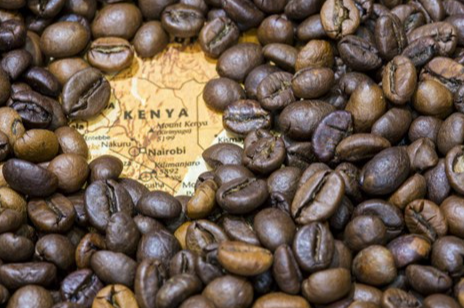
The European Union (EU) Green Deal (EGD) initiative is a comprehensive set of proposals aimed at reducing greenhouse gas emissions and minimizing resource use while achieving economic growth. It was launched in 2019.
EU Deforestation regulations (EUDR), which are a set of regulations under the European Green Deal seeks to mitigate global deforestation and forest degradation arising from agricultural expansion associated with EU consumption and production practices in Europe and its supply chains. It focuses on forest-key commodities such as cocoa, coffee, cattle, soy and palm oil. The regulations are designed to ensure products that are exported to or placed on the EU market are deforestation free, thereby minimizing the EU’s contribution to global deforestation and forest degradation.
The EUDR came into force on 29 June 2023 and will become applicable to most companies on 30th December 2024, with a provision for long established small or micro-enterprises permits a later date of 30th June 2025.This means that products exported to the EU market will need to meet higher sustainability standards.
The EU’s focus on sustainability presents opportunities for Kenya to explore, in a bid to enhance its coffee exports. As Kenya prepares for full implementation of the regulations, coffee producers are encouraged to embrace and continue implementing sustainable farming practices and ensure traceability for their coffee. They can do this by ensuring that their coffee can be traced back to their origins and by providing information to prove that their coffee is grown in deforestation free zones. They should also ensure they adhere to reporting standards and comply with EU regulations. This is achieved through reporting information consistent with EU regulations including EU taxonomy, which establishes a list of environmentally sustainable economic activities. Further, coffee producers should also consider leveraging on tools to gauge adoption of sustainability measures, including publishing sustainability reports and enlisting for certification programs such as rainforest alliance.
For producers to be able to implement all these initiatives, there is a need for capacity building programs which will empower them to adhere to these new requirements. The government together with stakeholders have begun implementing these programs through the various cooperative unions and numerous societies. KEPROBA is keen to also roll out these programs in collaboration with industry players and in pursuing collaboration arrangements with the regulators to this end.
In conclusion, the ongoing coffee reforms coupled with the efforts to enhance increased production of coffee and efforts to meet the emerging sustainability requirements shall ensure continued market access for Kenyan coffee thereby consolidating market share in this region. In addition, Kenyan coffee producers will build credibility and trust with EU buyers, ultimately enhancing export growth.
For more information on the EU Green Deal and the Deforestation Free Regulations, you can visit:
https://green-business.ec.europa.eu/deforestation-platform-and-other-eudr-implementation-tools_en
https://commission.europa.eu/publications/legal-documents-delivering-european-green-deal_en
